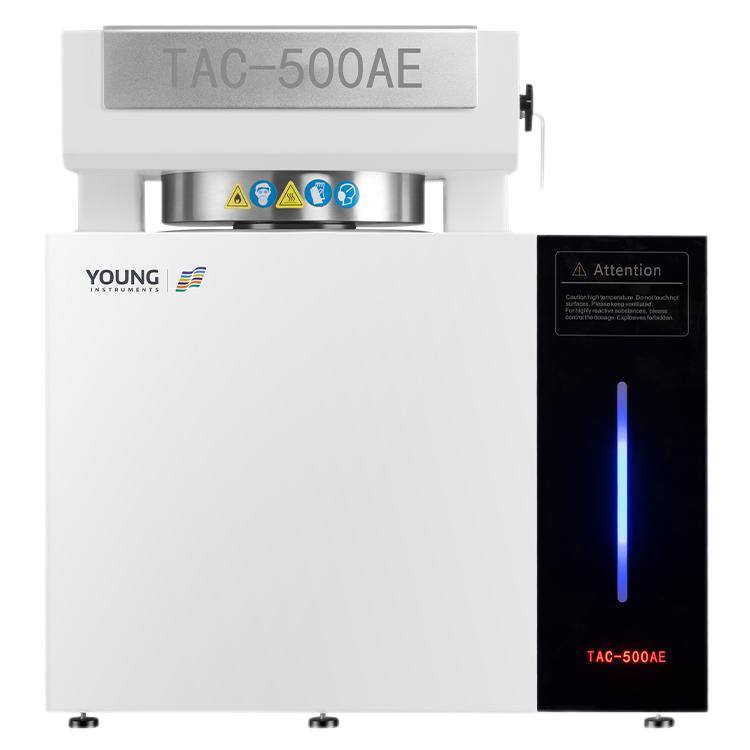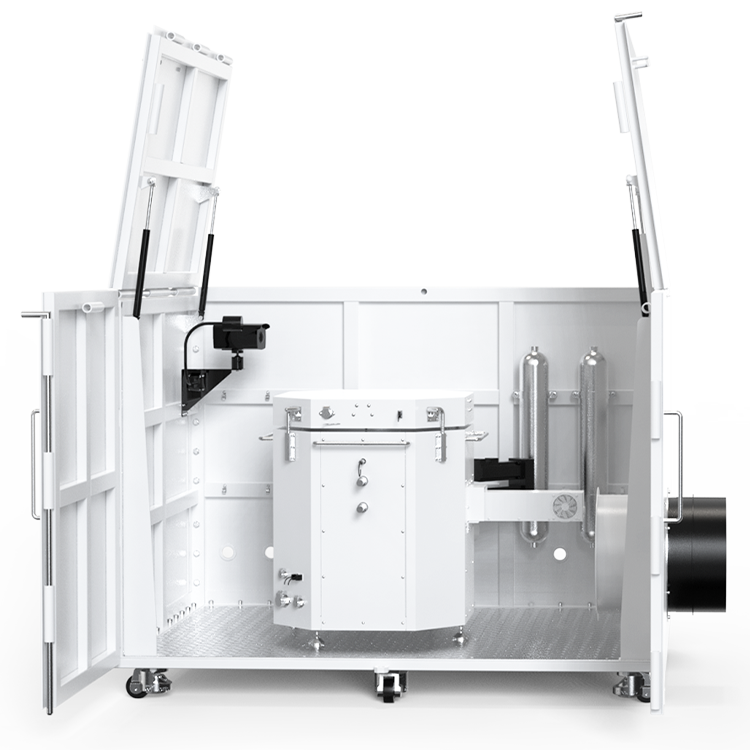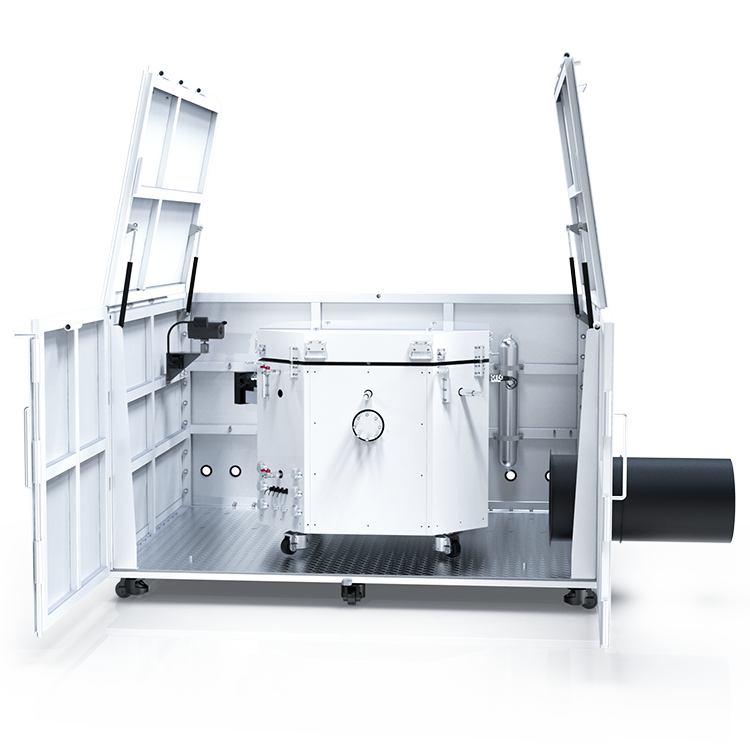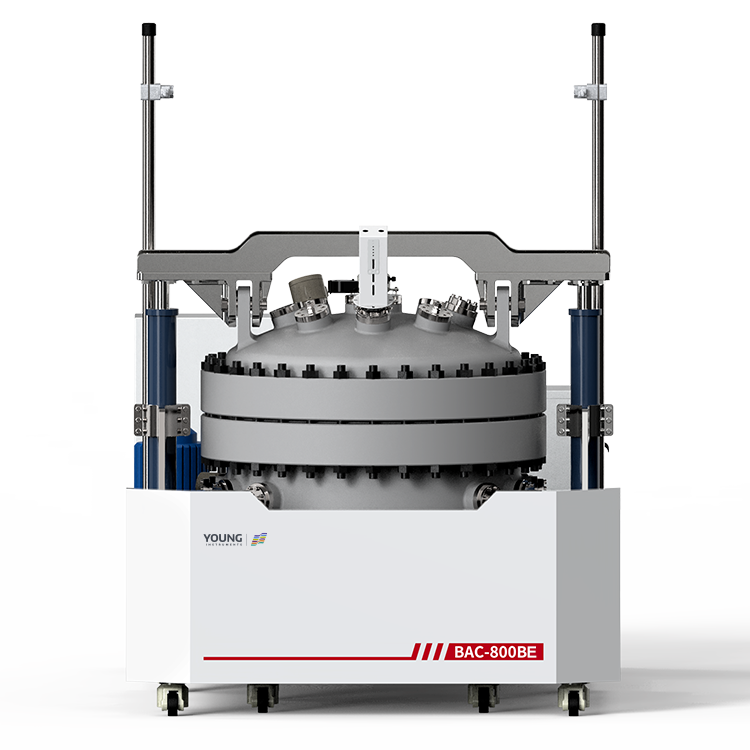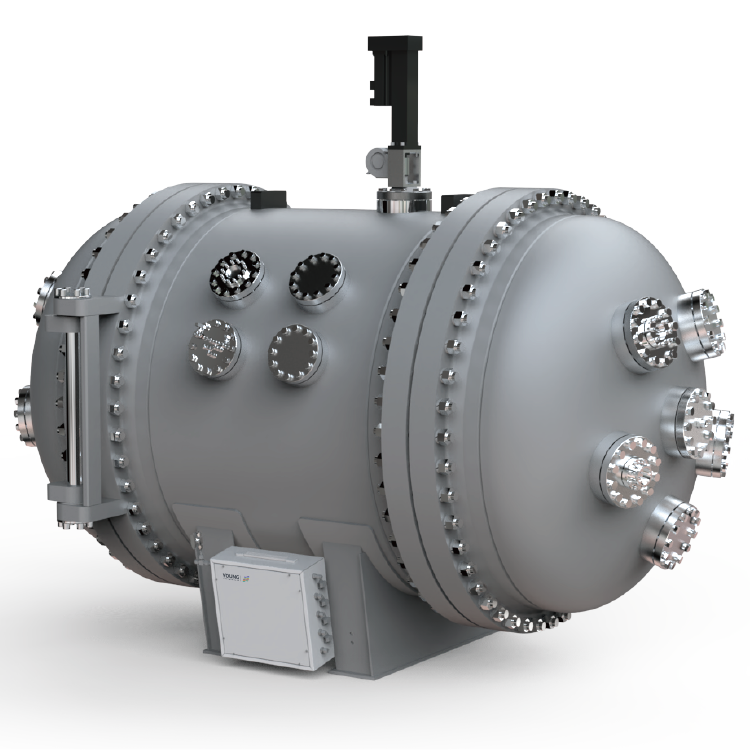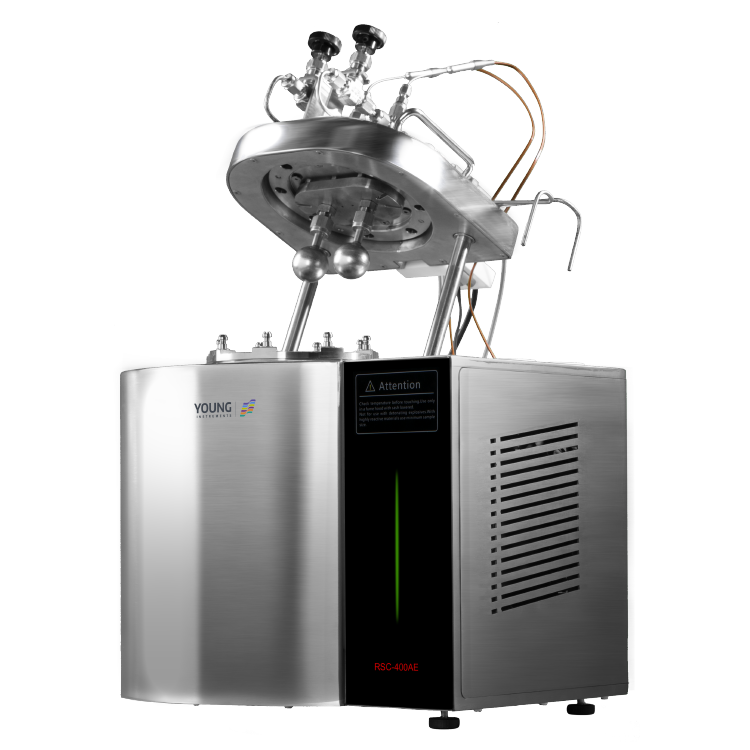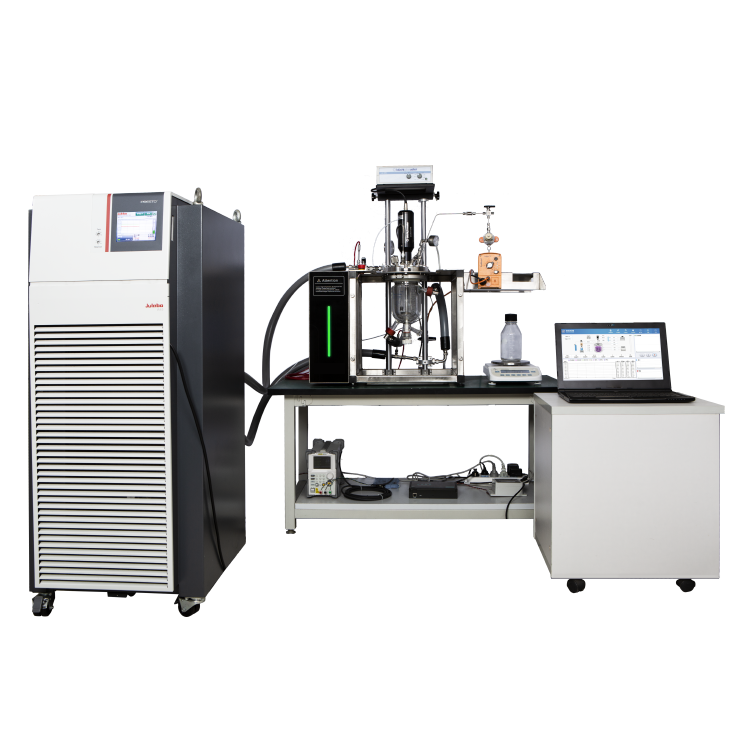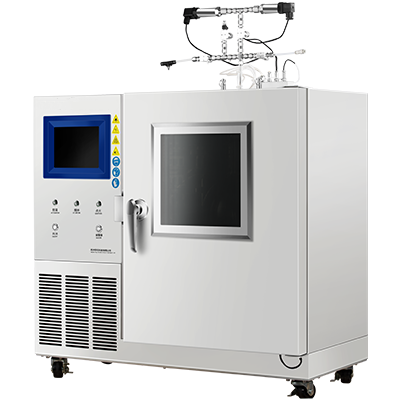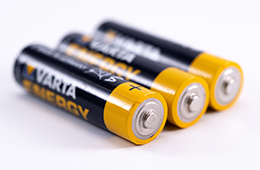The Science Behind Closed-Cup Flash Point Testing
Flash point testing measures how easily a liquid can ignite by determining the lowest temperature at which it produces enough vapor to catch fire. This critical test is essential for fire safety and hazard assessment across various industries.
Why is it important? Many industries handle flammable liquids, and improper storage or handling can lead to fires or explosions. By conducting flash point testing, companies can assess fire risks, comply with safety regulations, and implement proper storage and transportation measures to prevent accidents.
Flash point testing is a key step in ensuring workplace safety, regulatory compliance, and risk management for industries dealing with fuels, chemicals, and solvents.
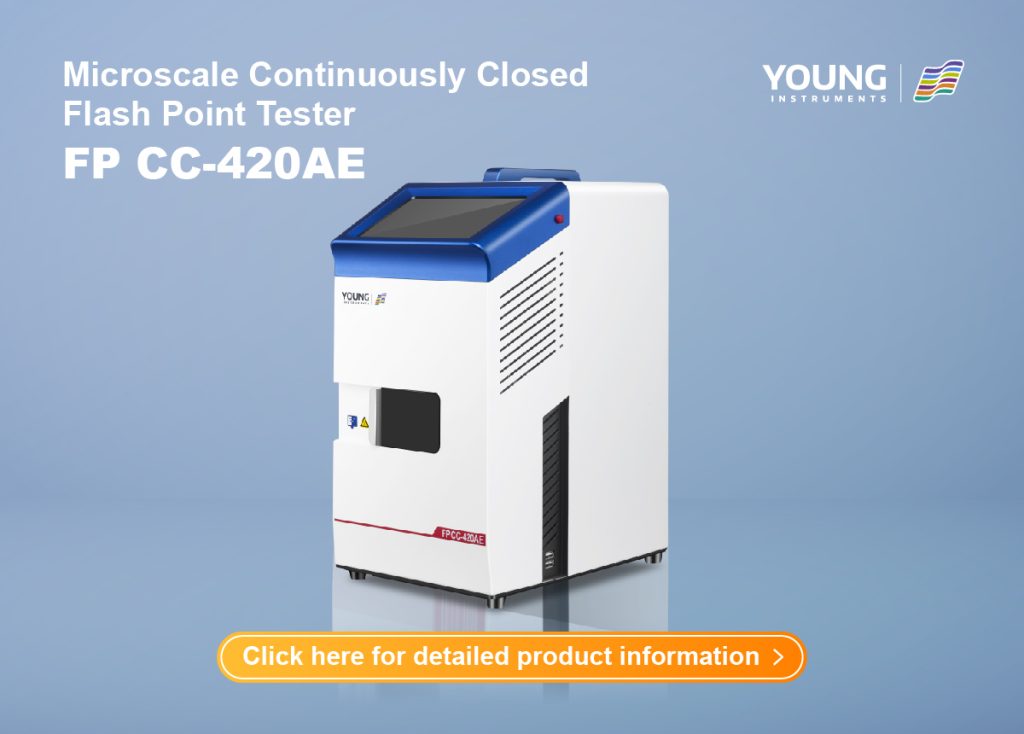
Understanding Closed-Cup Flash Point Testing
What Is Closed-Cup Flash Point Testing?
The closed-cup flash point test checks how easily a liquid catches fire. It measures the lowest temperature at which a liquid produces enough vapor to ignite. This test is mostly used for solvent oils, kerosene, and other light petroleum products.
Why Is This Test Important?
The conditions of this test are similar to how these products are stored and used. Because of this, the test helps people understand fire risks. It is an important tool for fire safety. Companies use this test to decide how to store and transport liquids safely.
How Does the Closed-Cup Test Work?
The test heats a liquid inside a sealed container. A small flame is brought near the liquid at set temperatures. If the liquid gives off enough vapor, it will ignite. Since the container is closed, vapors do not escape easily. This makes the test more accurate for measuring the risk of fire.
Advantages of the Closed-Cup Method
This method has many benefits. It uses only a small amount of liquid for testing. This lowers costs and reduces waste. The test also gives reliable results. Many industries follow this method because it meets safety standards.
Reliable Testing with Zeal Instruments
Zeal Instruments offers advanced closed-cup flash point testers. Their instruments are easy to use and cost-effective. They also reduce pollution and support different testing methods. This makes them a good choice for many laboratories.
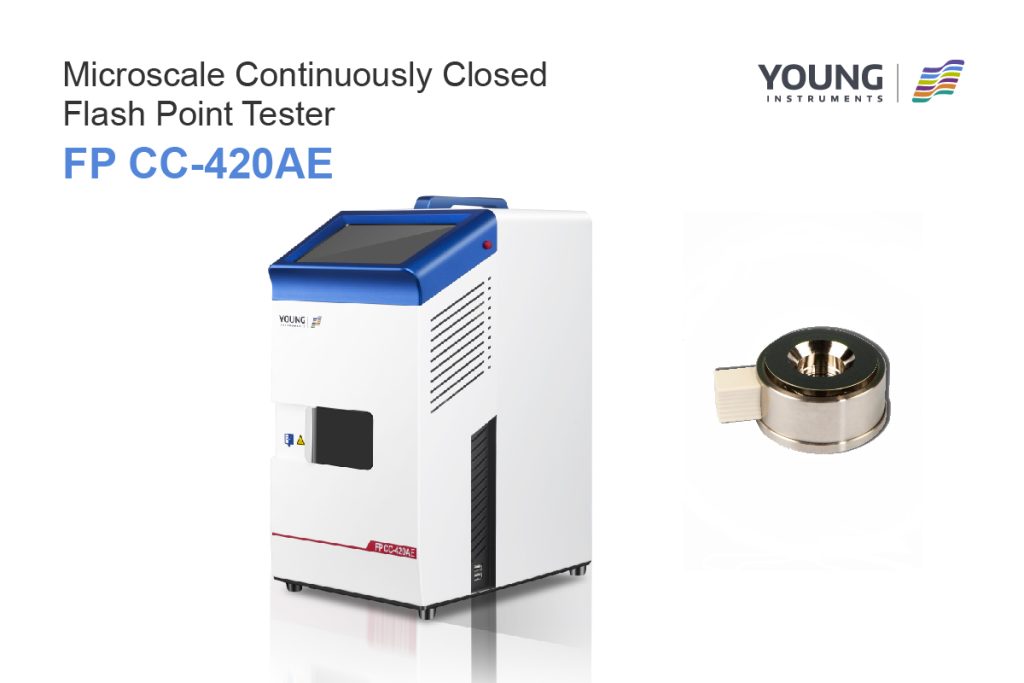
Why Closed-Cup Testing Matters
Handling Volatile Petroleum Products
Many industries work with flammable liquids. If these liquids are not handled properly, they can cause accidents. The closed-cup test helps industries understand how flammable a liquid is. With this information, they can use the right safety measures.
Preventing Fire Hazards
Fires and explosions can be dangerous. They can damage property and put lives at risk. This is why companies need to follow fire safety rules. The closed-cup test helps businesses meet these rules. It also helps them choose the safest ways to store and transport flammable liquids.
Meeting Safety Regulations
Many industries must follow strict safety standards. Governments and safety organizations set these rules to prevent accidents. The closed-cup flash point test helps companies meet these requirements. By doing this test, businesses can prove that their products are safe.
Zeal Instruments‘ Cutting-Edge Flash Point Testing Technology
FP CC-420AE: A Reliable and Versatile Flash Point Tester
The FP CC-420AE is designed for accurate flash point testing. It follows a continuous closed-cup method, ensuring precise ignition point measurements. It is widely used in industries dealing with petroleum products, transformer oils, turbine oils, and paints. It also tests wood preservatives, essential oils, animal and plant oils, pesticide emulsifiers, and plasticizers. The device operates in environments between 5°C and 40°C with humidity below 85%, ensuring stable performance.
High Precision and Safe Operation
This device uses an advanced closed-cup system, making testing efficient and reliable. The fully enclosed design eliminates open flames, enhancing safety. The temperature control range varies from 0°C to 420°C, depending on the testing module. Users can adjust the temperature rise speed between 0.5°C/min to 12°C/min, providing flexibility for different materials. A real-time temperature and pressure curve is displayed on the 7-inch color touchscreen, simplifying observation.
User-Friendly Interface and Smart Features
The FP CC-420AE is designed for easy operation. It includes two USB ports with plug-and-play support, allowing simple data transfer. A built-in thermal printer streamlines report management. The sample size requirement is only 1mL or 2mL, reducing testing costs and environmental impact. The built-in refrigeration module speeds up cooling, making it more efficient. The pressure testing range is 0 to 200 kPa, ensuring reliable data collection.
Advanced Automation for Accuracy and Efficiency
This instrument performs automatic testing and calibrates flash point values based on atmospheric pressure. It records detailed temperature-pressure rise curves, providing in-depth insights into ignition behavior. The stirring speed is adjustable between 50 rpm to 300 rpm, ensuring uniform mixing during tests. With a data storage capacity of 25,000 test results, it supports long-term tracking. It connects through RS232, RJ45, and USB ports, allowing integration with external systems.
Reliable Performance with Low Power Consumption
The FP CC-420AE operates with a rated voltage of AC220V/50Hz and consumes only 300W, making it energy-efficient. The high-voltage electronic ignition method ensures consistent and repeatable results. Its compact design, precise temperature control, and automation features make it an essential tool for industries working with flammable substances.

Industry Applications
Use in the Petroleum Industry
The petroleum industry works with fuels, lubricants, and other oil-based products. These products can be flammable. Flash point testing helps refineries and fuel companies check how easily these liquids ignite. Knowing the flash point helps prevent fires and accidents. It also ensures safe storage and transport.
Use in the Chemical Industry
The chemical industry handles many flammable substances. Some chemicals release vapors that can catch fire. If these vapors ignite, they can cause explosions. Flash point testing helps companies understand these risks. It allows them to store and use chemicals safely.
Use in the Manufacturing Industry
Manufacturing industries use oils, solvents, and coatings. Some of these materials burn easily. If not handled properly, they can cause fires. Flash point testing helps factories follow safety rules. It also helps them reduce fire hazards in the workplace.
FP CC-420AE: Precision and Safety in Flash Point Testing
The FP CC-420AE delivers fast, accurate, and reliable flash point testing, ensuring precise results with minimal sample usage, reducing testing costs. Its closed-cup design enhances safety, preventing vapor exposure and ignition risks.
Designed for ease of use, it features a touchscreen interface and automated functions, streamlining the testing process. Whether in laboratories or industrial settings, the FP CC-420AE ensures efficient, safe, and cost-effective flash point measurements.
Upgrade to the FP CC-420AE for superior flash point testing performance!








